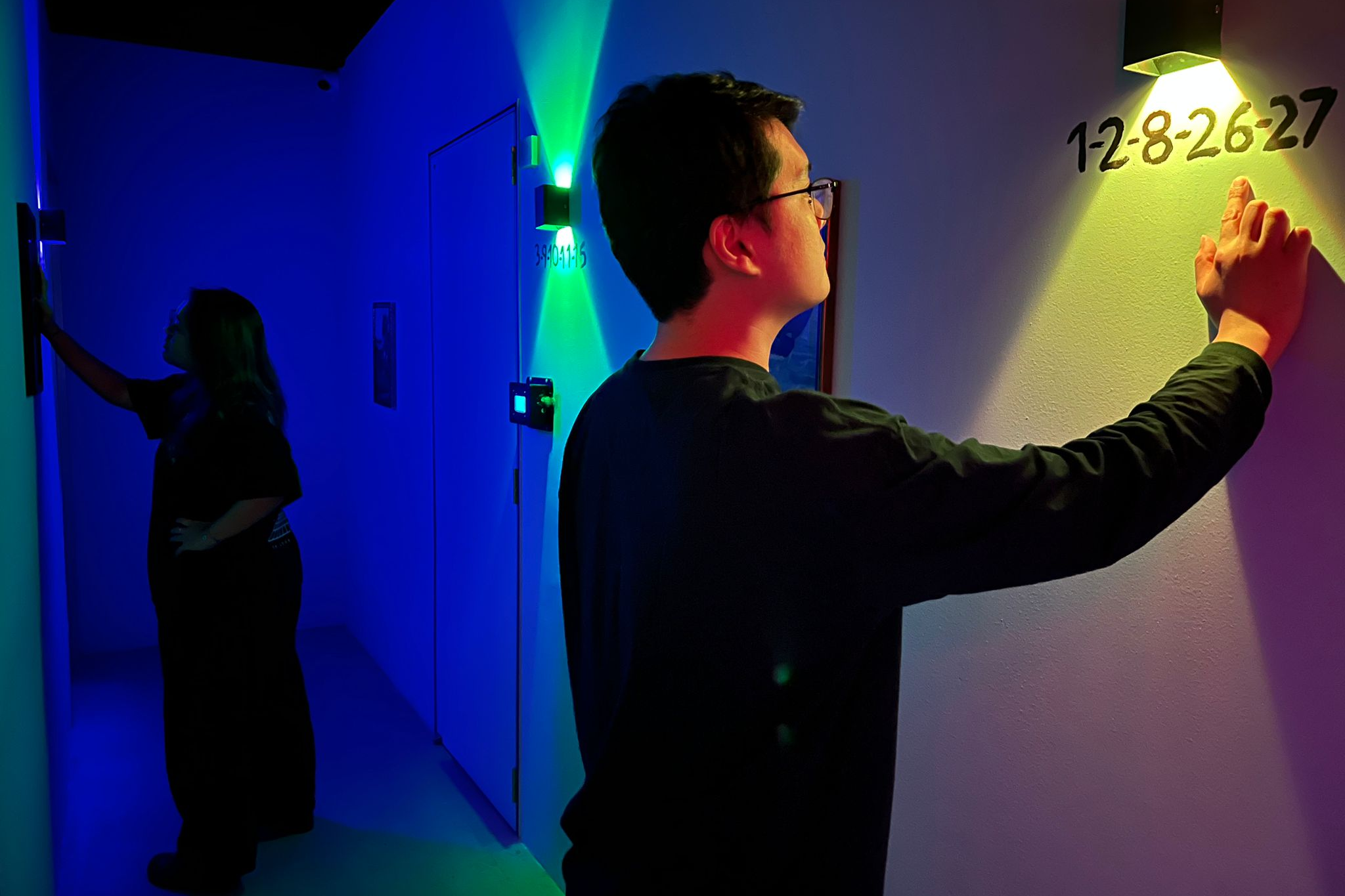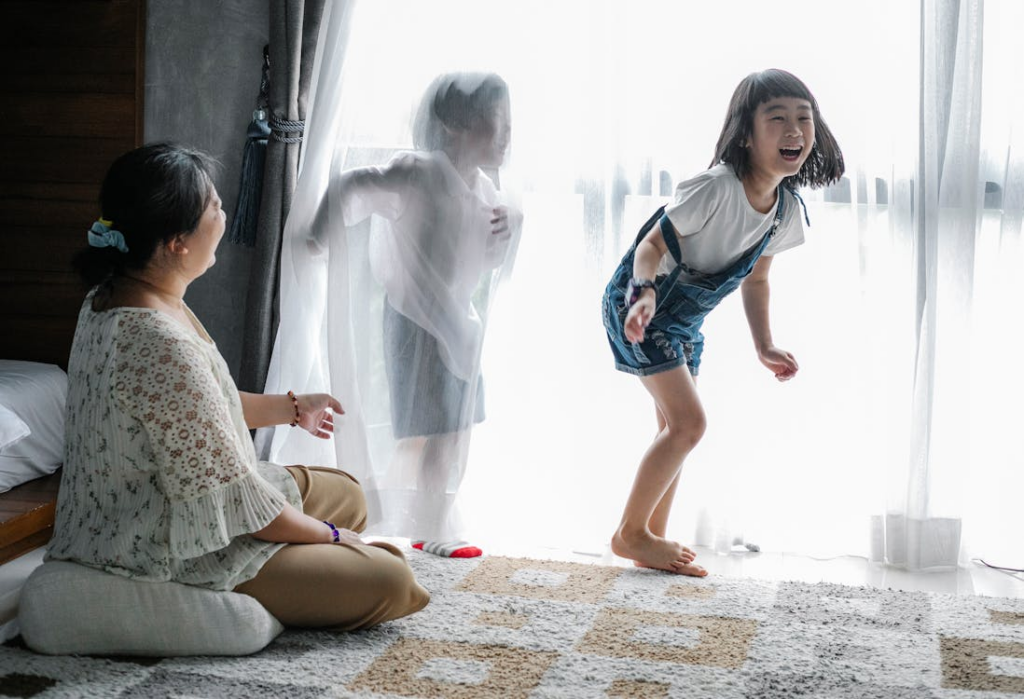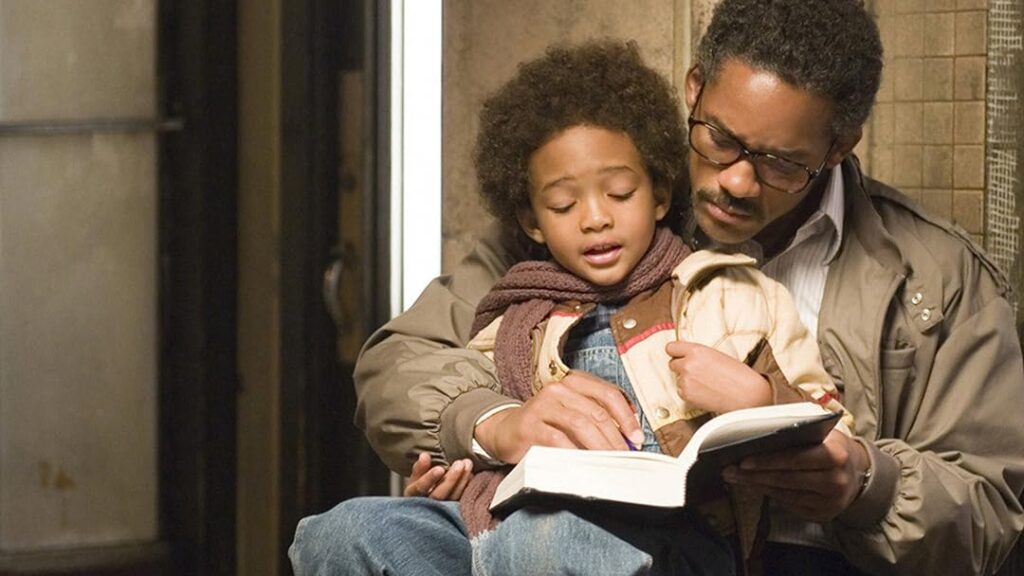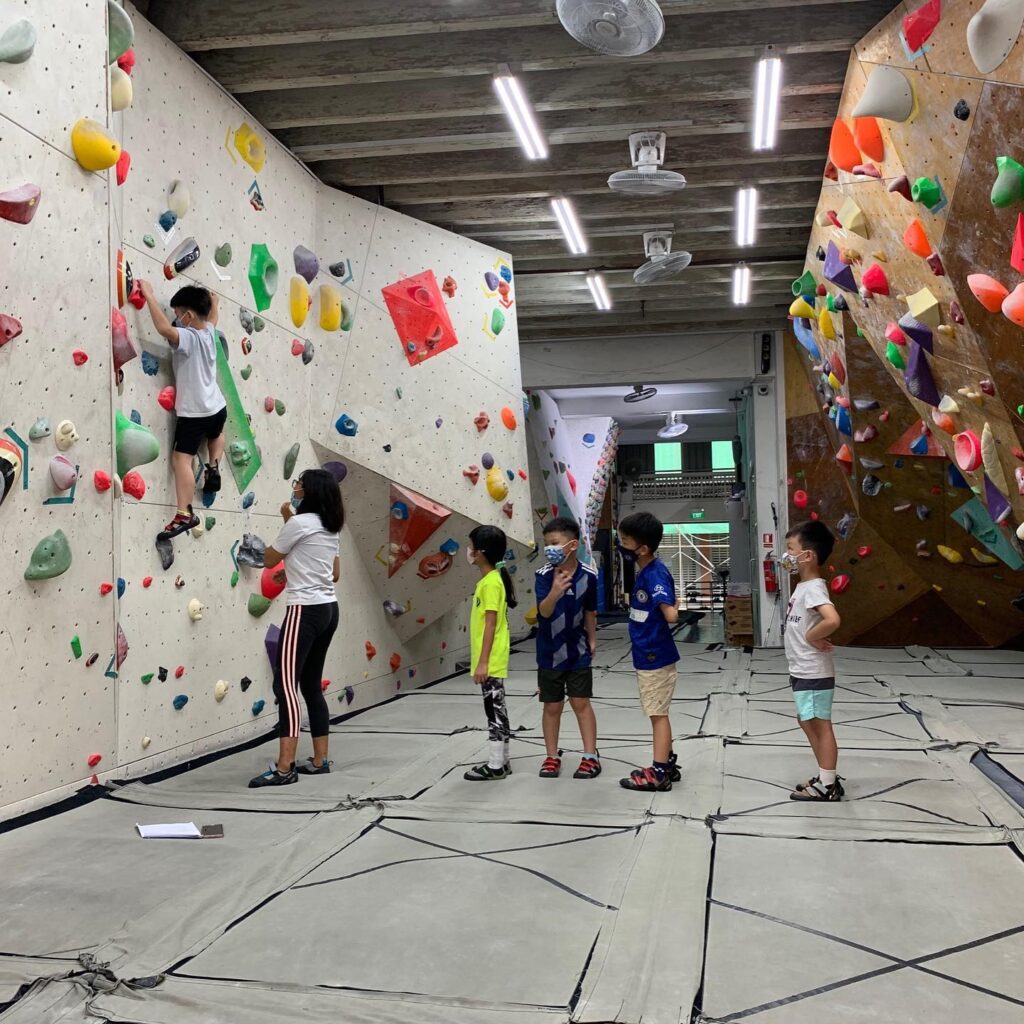“A museum visit turns curiosity into connection and observation into understanding.”

When people hear the word museum, they often imagine a boring place filled with old objects. But museums are actually spaces that challenge students’ thinking and spark creativity. They encourage you to ask questions, form your own opinions, and explore ideas beyond your usual routine.
Visiting a museum also gives you a meaningful way to connect with history and the world around you. Instead of only reading about the past, you get to see real artifacts and stories up close, making what you learn feel more real and easier to understand.
Cultural Awareness

Museums let you step outside your usual bubble. In daily life, you mostly see the same people, the same places, and the same content on your feed. But when you walk into an exhibit about ancient civilizations, indigenous communities, or modern social movements, you’re suddenly looking at lives that are completely different from yours. You start to see how other people think, live, and express themselves.
It’s easy to stay in your comfort zone. Same conversations, same routines, same hangout spots. Museums shake that up. They introduce you to stories from different time periods and parts of the world. Even just an hour exploring a gallery can change how you see certain issues or understand what’s happening in the world today.
Experiences like this expand your perspective. You begin to realize that your lifestyle and beliefs are just one part of a much bigger picture. Museums gently challenge your assumptions and push you to think beyond what’s familiar.
Learning Concepts and Facts

Museums provide reliable, well-researched information. Exhibits are curated by historians, scientists, archaeologists, and other specialists who carefully verify what is presented. This means the knowledge you gain is grounded in evidence and professional study.
In school, you often learn through books and lectures. At a museum, those same topics become more tangible. Seeing real artifacts, preserved objects, and historical documents connects classroom lessons to physical proof. It turns abstract concepts into something you can actually observe.
This direct encounter with evidence strengthens your understanding of important facts and ideas. It reinforces what you’ve studied and helps you see how knowledge is built on research and discovery.
Sparking Curiosity and Creativity

Walking into a museum can feel a bit like stepping into a world of discovery. You move from one exhibit to another, never quite sure what you’ll find next. One moment you’re standing in front of a detailed painting, the next you’re studying a powerful sculpture or a centuries-old historical artifact. Each room has its own story, and that sense of exploration naturally sparks curiosity.
Museums also encourage you to dig deeper into what genuinely interests you. Maybe you’re drawn to a specific artistic technique, fascinated by ancient history, or intrigued by the work of a particular creator. Even if you don’t plan to build a career around art or history, being exposed to different graphic styles, storytelling methods, and practical designs can influence how you think and create. Inspiration often comes from unexpected places, and museums are full of those moments.
Simply put, museums help you practice creativity. You learn by looking closely, asking questions, and thinking about how and why something was made. Workshops can teach you new skills, but even just walking through exhibits can give you ideas for school projects, personal hobbies, or future goals. The more you explore, the more your imagination grows.
Interactive Learning Experiences

Museums aren’t just quiet places where you look at things behind glass. Many of them are designed to be interactive, giving teenagers the chance to engage directly with what they’re learning. You might test a science experiment, try a historical tool replica, explore a virtual reconstruction of an ancient city, or participate in a hands-on workshop. Instead of just reading about a topic, you experience it.
This kind of learning feels more real and immersive. When you touch, try, build, or experiment, the information sticks in a way that scrolling through a screen usually doesn’t. Digital content can be helpful, but it’s often passive. In a museum, you’re actively involved. You’re moving, observing details up close, and sometimes even solving problems on the spot.
Hands-on exploration also encourages curiosity. When you interact with exhibits, you’re more likely to ask questions and look for deeper explanations. Learning becomes something you do, not just something you watch. That active experience makes museum visits memorable and gives you a stronger connection to the subjects you explore.
Learning Empathy

Museums give teenagers a chance to see the world through someone else’s eyes. When you walk through exhibits about different time periods, communities, or social movements, the focus goes beyond dates and timelines. You encounter real human stories. That historical perspective helps students deepen their awareness of other people’s experiences and emotions.
Many museums highlight tragic events, the struggles of minority groups, and the lives of well-known historical figures who made courageous decisions for important causes. Textbooks often summarize these moments in short paragraphs, but museums present personal letters, photographs, recorded testimonies, and meaningful artifacts. These details make the events feel more personal and remind visitors that history shaped real lives.
Learning about these stories challenges students to think more deeply. It stimulates the mind and encourages reflection. You may find yourself asking, “What would I have done?” or “How would I respond in that situation?” Museums create space to explore your own thoughts and feelings, helping you become more understanding and aware of others around you.
Finding Calm and Connection

Stepping into a welcoming cultural space can feel like a break from the noise of everyday life. For teenagers juggling school, social media, and personal responsibilities, having a calm environment matters. These spaces are often quiet and peaceful, giving you room to slow down, think clearly, and reset your mind without constant distractions.
The low-stress atmosphere can also help reduce feelings of loneliness. Even when visiting alone, you’re surrounded by stories, art, and shared human experiences. If you go with friends, classmates, or family, it becomes a shared activity. Talking about what you notice, reacting to exhibits, and seeing things from different perspectives together.
Spending time in places like this also encourages a sense of community and belonging. They are designed to be open and accessible to everyone. As you explore different cultures, histories, and ideas, you’re reminded that you’re part of something larger. That feeling of connection can be grounding and comforting.
Check out more articles: 15 Ways to Spend Time with Your Teen in Singapore, Big Fun: Five Awesome Activities for Kids in SG, and 10 Educational Places to Visit in the June School Holidays.






















































































































